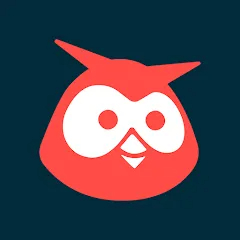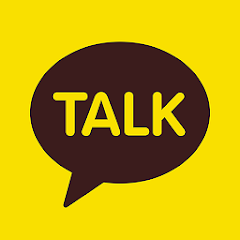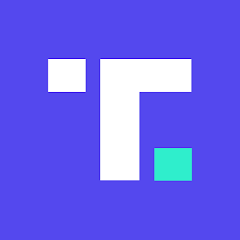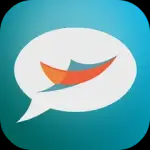The Facebook app is a mobile application developed by Meta Platforms, Inc. (formerly Facebook, Inc.) that provid
es access to the Facebook social networking platform. Launched in 2004, Facebook allows users to create profiles, connect with friends and family, share updates, photos, and videos, join groups, and interact with content from individuals, businesses, and organizations.
Pros of the Facebook App:
Connectivity: Facebook facilitates connections with friends, family, colleagues, and acquaintances from around the world, fostering communication and maintaining relationships regardless of geographical distance.
Content Sharing: Users can share photos, videos, status updates, links, and other content with their network, enabling self-expression, storytelling, and information sharing.
Community Building: Facebook offers group features that allow users to join or create communities based on shared interests, hobbies, or causes, fostering engagement, discussion, and collaboration among like-minded individuals.
Event Organization: Users can create and manage events on Facebook, inviting guests, sharing event details, and facilitating RSVPs, making it a valuable tool for event planning and promotion.
Business Opportunities: Facebook provides opportunities for businesses to reach and engage with their target audience through pages, ads, and sponsored content, facilitating brand awareness, customer acquisition, and sales.
Cons of the Facebook App:
Privacy Concerns: Facebook has faced criticism over privacy issues, including data breaches, unauthorized data sharing, and concerns about user tracking and profiling for targeted advertising purposes.
Addictive Nature: The addictive nature of social media platforms like Facebook can lead to excessive use, distraction, and negative impacts on mental health, including feelings of loneliness, comparison, and anxiety.
Misinformation: Facebook has been criticized for its role in the spread of misinformation, fake news, and conspiracy theories, which can have significant societal and political consequences.
Algorithmic Bias: Facebook's algorithms may contribute to echo chambers, filter bubbles, and polarization by prioritizing content that aligns with users' existing beliefs and preferences, potentially limiting exposure to diverse perspectives.
User Experience Issues: The Facebook app may suffer from performance issues, including slow loading times, crashes, and bugs, impacting user experience and satisfaction.
Functions of the Facebook App:
News Feed: The News Feed displays updates, photos, videos, and other content from friends, pages, and groups that users follow.
Profile: Users can create and customize their profiles with personal information, photos, and updates, allowing others to learn more about them.
Friend Requests and Messaging: Users can send friend requests, accept or decline requests from others, and communicate through private messages.
Groups: Users can join or create groups based on shared interests, hobbies, or topics, engaging in discussions, sharing content, and connecting with like-minded individuals.
Pages: Businesses, organizations, and public figures can create pages to share updates, promote events, and interact with their audience.
How to Use the Facebook App:
Download and Install: Download the Facebook app from the App Store (iOS) or Google Play Store (Android) and install it on your device.
Sign Up or Sign In: Create a Facebook account by providing your name, email address, date of birth, and other required information, or sign in with your existing credentials if you already have an account.
Customize Settings: Adjust your privacy settings, notification preferences, and other account settings according to your preferences and needs.
Connect with Friends: Search for friends by name, email address, or phone number, send friend requests to connect with them, and accept requests from others.
Explore Features: Explore features such as the News Feed, profile, groups, pages, events, and marketplace to discover content, connect with others, and engage with the Facebook community.
In conclusion, the Facebook app remains a dominant force in the social media landscape, offering a platform for connection, communication, and content sharing on a global scale. While it has its benefits and drawbacks, understanding its functionalities and considerations can help users make the most out of their Facebook experience while navigating potential challenges and pitfalls.



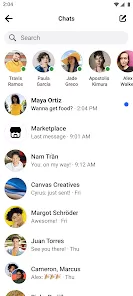



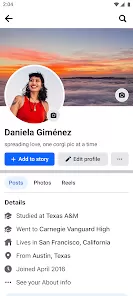
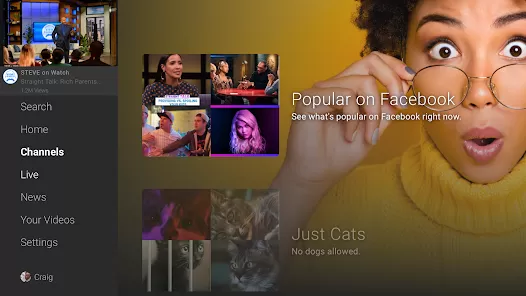



 0
0 
